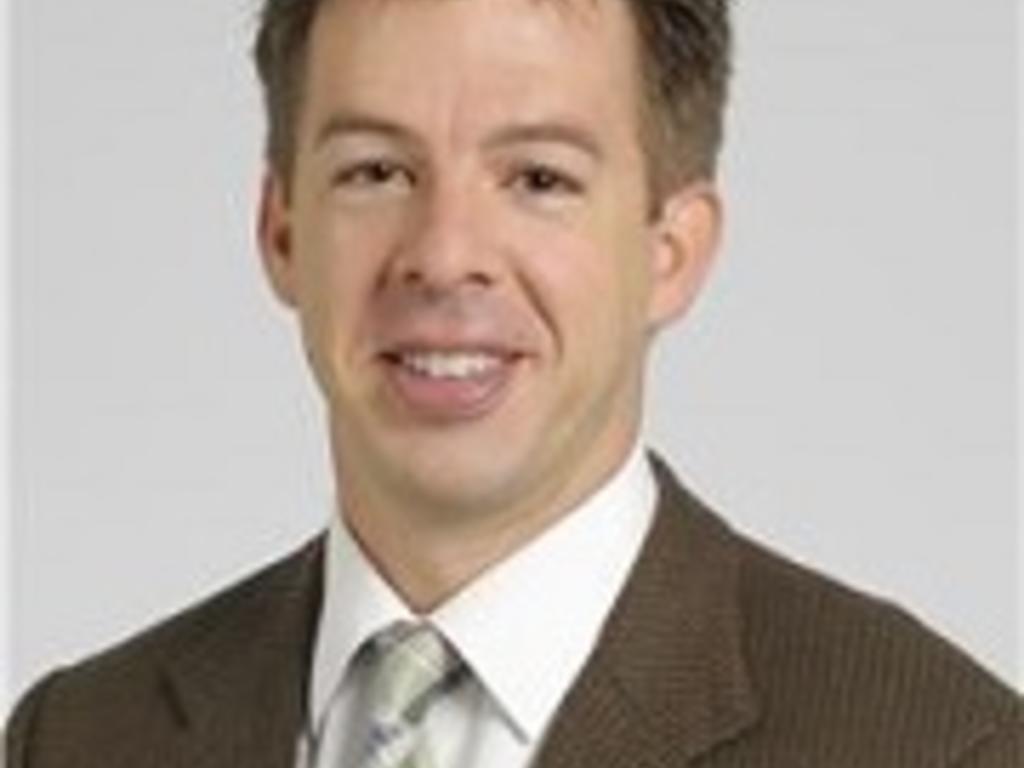Hometown: Madison, New Jersey
Current city: Cleveland, Ohio
Major: Chemistry
Current profession: Assistant Professor of Surgery, Case Western University School of Medicine; Assistant Professor of Surgery, Lerner College of Medicine; Cleveland Clinic Staff Surgeon, Division of Trauma, Surgery Critical Care and Acute Care Surgery
Tony Capizzani grew up a long way from Rhodes. But as it goes with so many other prospective students, the “beautiful campus with a downtown kind of feel” had him hooked at first sight. How did the young New Jerseyan wind up a Chemistry major? He always held a general interest in science as well as analytical thinking. “My father was a Chemistry major,” he laughs. “So maybe it was something in my blood.” Capizzani credits the Chemistry faculty as major influences on both his academic and professional trajectories. He cites professor David Jeter and former faculty member Bradford Pendley as key mentors, but he remembers instantly “hitting it off” with the whole department. “I was really attracted to the mentorship they provided,” he says. “We were like family.”
The liberal arts education he received at Rhodes has taken him far in his medical career. “Rhodes taught me more than just how to develop an analytical mind in Chemistry,” says Capizzani. “It gave me great perspective as far as publishing papers.” In addition, the interdisciplinary nature of the Rhodes education taught him how to work with his peers and feel comfortable during public presentations. After graduating from Rhodes, Capizzani joined a research team at St. Jude Children’s Research Hospital in the division of Experimental Oncology and Hematology. He became inspired by the direct correlation between his work in the lab and treatment for patients. It was that experience that eventually propelled him to medical school at the University of Tennessee Health Science Center. He then completed his general surgery residency at Wake Forest University, followed by a surgical critical care fellowship at the University of Michigan. Aside from performing trauma and acute care surgeries at the world famous Cleveland Clinic, Capizzani is an assistant professor at two medical schools—Cleveland Clinic Lerner College of Medicine and Case Western Reserve University School of Medicine. Both institutions pride themselves on their clinical and problem-based curricula, as opposed to a didactic teaching style. During his time in medical school, Capizzani remembers learning a topic (“perhaps Biochemistry”) in the first year and then learning its actual application in the last two years. These days, he says, lessons consist of more “problem-based teaching where students learn both topics at the same time, and how basic science is intertwined with disease processes. For example, I teach students a session on pediatric abdominal pain. And within that lecture we may talk about Biochemistry and how it applies to acid/base regulation in a neonatal disease called pyloric stenosis.” In the learning and teaching departments, he couldn’t have been better prepared.
